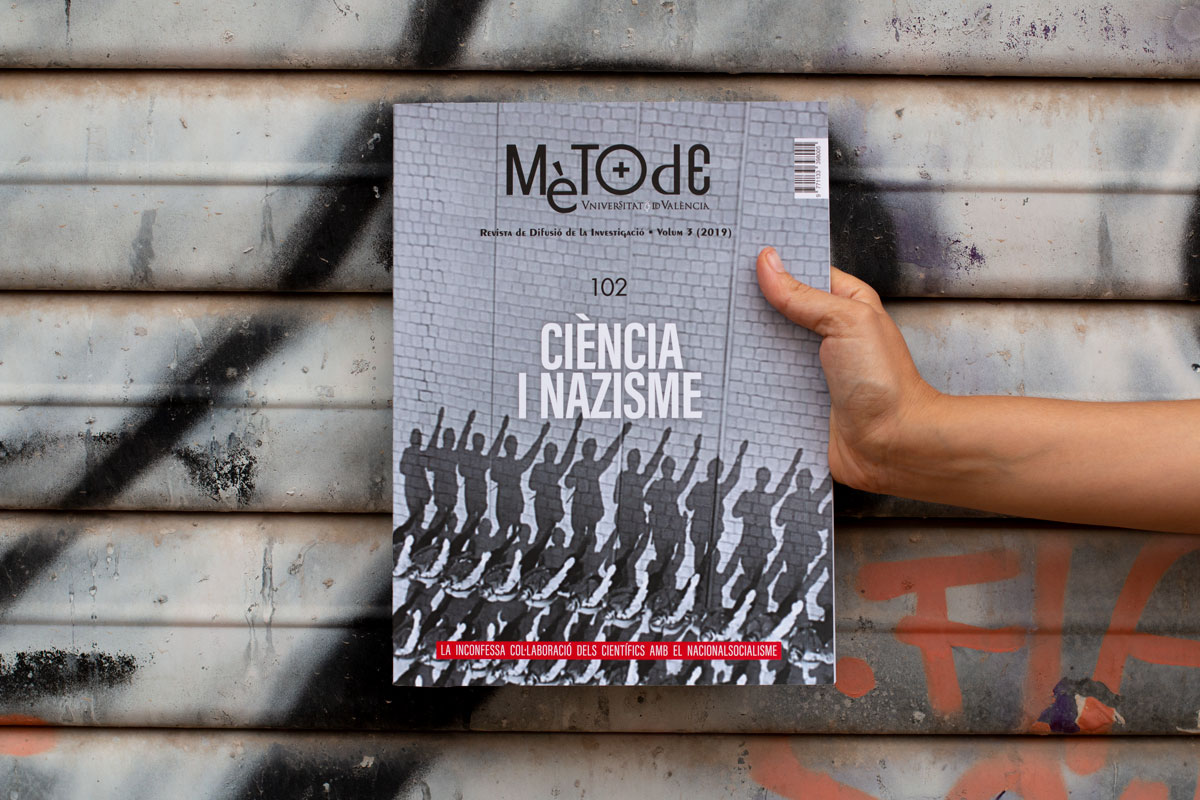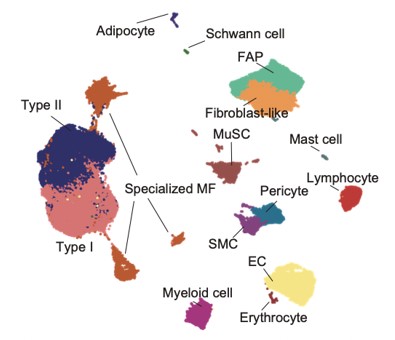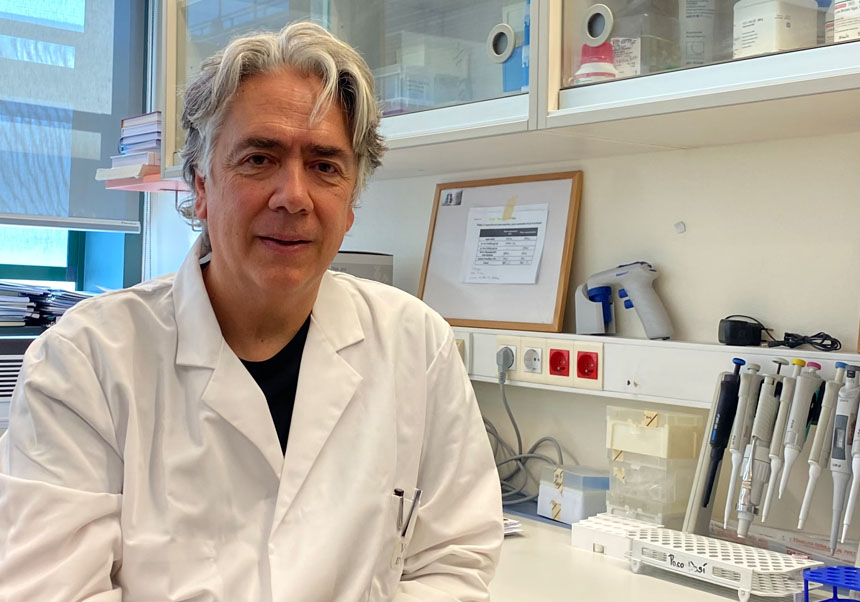‘Ciencia y nazismo’ (Sciences and Nazism), a new edition of Mètode
- Mètode
- September 2nd, 2019

The third volume of Mètode published in 2019 reveals the implication of science in the National Socialism and polity of Third Reich.
The possible links between science and ideology has been widely studied and commented by the academy. Of these, the complicity that existed among some scientists and the National Socialism turns out to be, maybe, the most remarkable. Figures like Konrad Lorenz, Medicine Nobel Prize winner in 1973, had been leaders of some important advantages in history of knowledge, contributions that have been remained in the mind above their contributions in defence and legitimacy of the Nazi postulates.
«Ciencia y nazismo: La inconfesa colaboración de los científicos con el nacionalsocialismo» (Sciences and Nazism: the unknown collaboration of the scientists with National Socialism), is the title of the number 102 edition of Mètode. The third volume published in 2019 is a monographic that gathers specialists to bring light about the implication of sciences in Third Reich, a movement that counts on the support of the university world, thinkers of the day and part of the scientific community. The first article is by Ute Deichmann, specialist in the impact of ideology on science, a theme that develops to discover the main characteristics of the national socialism period, of German scientists and consequences in the anti-Semitism. Klaus Taschwer talks about the Austrian academy, he is scientific editor of Der Standard (Austria), as well as the anti-Semitism persecution that suffered the University of Wien. The writer and communicator of science Phillip Ball thinks back to the attacks that suffered Albert Einstein as Jewish scientific, while Professor Wolfgang Kophamel remembers the figure of the ethnologist Franz Termer for revising his work, a production that already had in the 20’s concepts that will conform over time the ideological base of National Socialism. On the other hand, the architect and doctor Unai Fernández analyses the scientific urban vision, with which Germany legitimated its expansionist polity.
It is about a daunting and needed special, as explains the coordinator Martí Domínguez, who is also Director of this magazine. A volume to review the greys that forms science history, ‘facts that we should be warned about the resurgence of totalitarian and ultra right movements across the world’, he sentences. The art that accompanies these pages are artist’s works like Kandinski, Kokoschka, Emil Nolde or Paul Klee, works that were classified by the National Socialism regime as “degenerate art”.
Digital future and chemist poetry, themes that complete the magazine
This new edition of Mètode opens with three tribunes: First one, by Christian Ingrao, follows the theme of the main monographic. The other two celebrates the tenth anniversary of Science Park of Universitat de València. Mètode also celebrates the anniversary of the Periodic Table, that gets the international tribute in 2019, and we take advantage of discovering the origins of the chemist industry in other article. The magazine recovers the section ‘Documentos’ with an essay about the sustainability in the digital era that signs Rafael Capurro, and also two interviews: Gunnar von Heijne, secretary of Chemistry Nobel Committee, and Angela Saini, scientific journalist and writer. Some of the common collaborators close the edition with its sections, an space where Chantal Ferrer, Director of Applied Physics and Electromagnetism Department of Universidad de València, with a section entitled ‘Caída Libre’ (Free-fall).
















